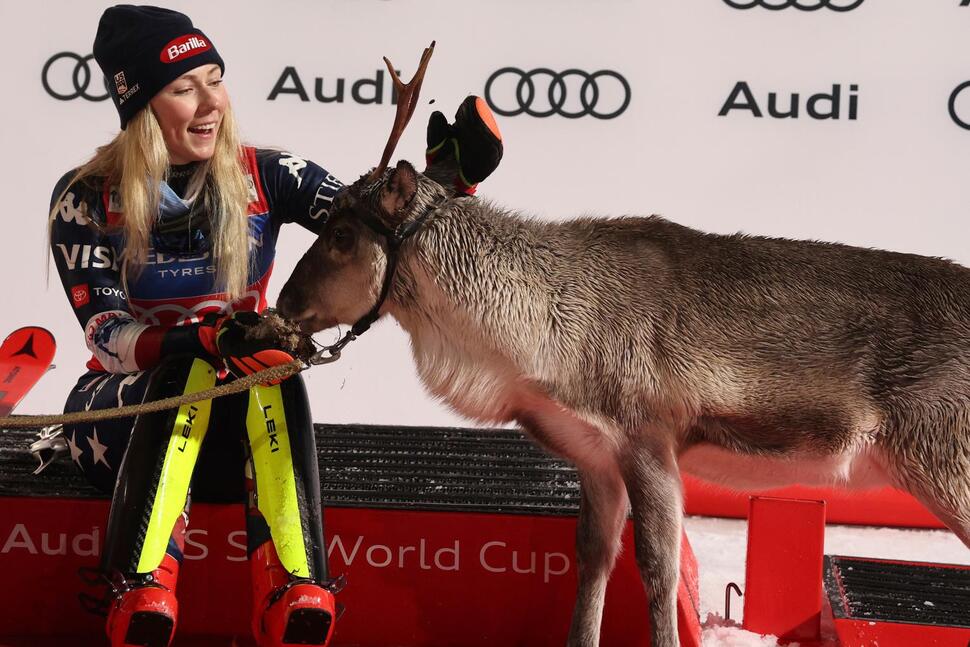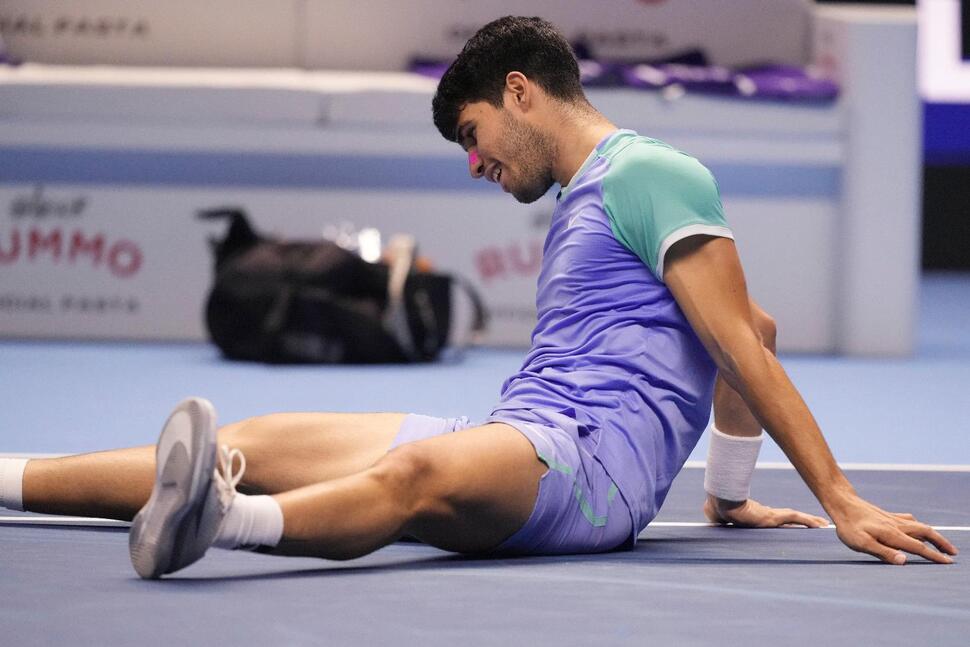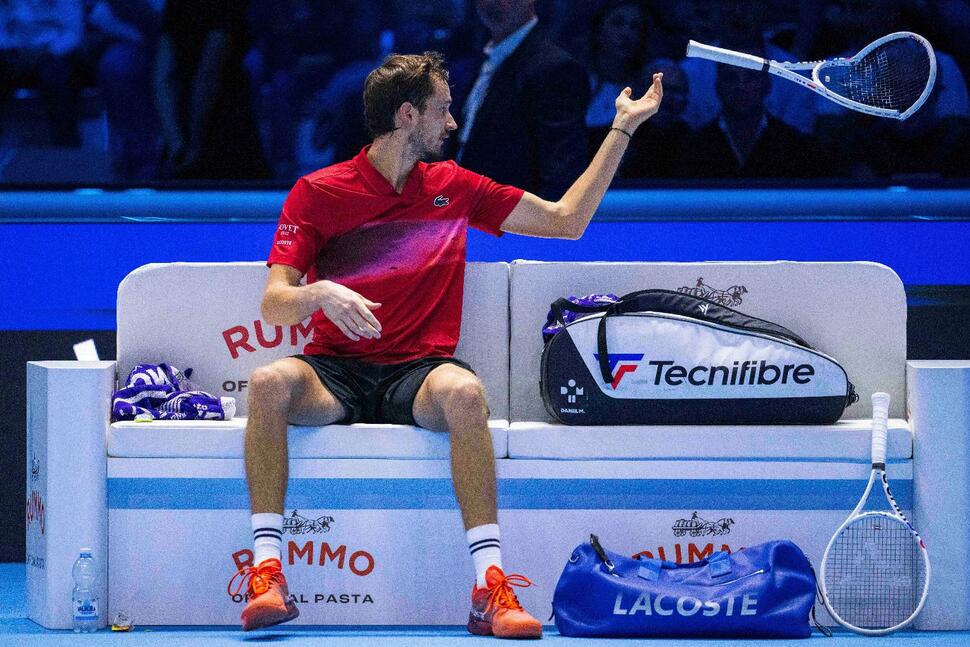The playoffs are here and we should all be soaking up every minute of that (unless you’re a Raptors fan). However, there are a few teams that have already entered their offseason — 14 lottery teams (that we’ve already covered) and 8 more teams that got sent packing in R1.
Today, we’re going to keep it weird with the:
PORTLAND TRAIL BLAZERS
Forget Bernie Sanders. Forget Elizabeth Warren. No American has done more to help the wealth gap and the redistribution of income than Portland GM Neil Olshey.
He clearly knows that his owner, Paul Allen, is one of that evil 1%. In fact, he’s one of the top 50 richest people in the world, with an estimated wealth of over $18 billion.
Enter Mr. Olshey. The people’s champ. The Robin Hood of the hardwood. Olshey broke into Paul Allen’s vault and started to distribute that money wherever he could. $18.5 million a year for backup Allen Crabbe? Sure why not! $18 million for another swingman in Evan Turner? Sign us up! Hey, let’s give Festus Ezeli $9 million this year, just for the hell of it. This guy may never play again, so he could use all the help he can get. Forget Obamacare — Olsheycare is where it’s at.
Of course, all that generosity comes with a cost. The Blazers played this season with a payroll of $119 million, and couldn’t even buy one playoff win in the process. It doesn’t get much prettier from here, with $137 million already on the books for next season. The team will already have $116 million committed for 2020 (!) and that’s not even counting impressive acquisition Jusuf Nurkic‘s presumptive extension.
Historically, Olshey tends to make smart decisions (like the Nurkic trade) but he may need some help digging out of this hole. Let’s see if we can offer that here.
(1) Don’t break up your backcourt
It would be a mistake for Portland to break up their talented backcourt.
The duplication in skills for Damian Lillard and C.J. McCollum is obvious. Both are 6’3″/6’4″ guards, noted for their scoring prowess. Obviously, they continued to thrive in that role last year. Lillard pumped in 27 points a game to go along with 5.9 assists, while McCollum added an additional 23.0 points himself. The backcourt is one of the most explosive in the league, and one of the highest paid. They’ll be making a combined $50 million next year, with that figure inching up to $60 by 2020.
Given that cost, many pundits think the team should break them up to balance the roster. The main argument comes on the defensive end, where both are undersized to guard shooting guards (and not especially good on-the-ball vs. point guards either.) ESPN’s real +/- metric graded Dame out as a -1.51 on defense, with McCollum even worse at -1.88.
Can you actually win a title with that kind of deficiency? Maybe not.
But this team shouldn’t bite its nose off to spite its face and should not force a trade just because of that. The presence of two elite scorers in the same backcourt is unusual — in a good way. You can’t simply flip C.J. McCollum and expect to find someone with his rare abilities in return. The kid shot 48.0% from the field and 42.1% from three. In this day and age, that’s gold.
The Lillard/McCollum combination may divorce at some point down the road, but I don’t think the Blazers have reached that point yet. The lone exception may be if the Pacers would trade Paul George for McCollum (and George would agree to an extension), but barring that, the team should wait and play out. The roster isn’t built perfectly yet, so let’s run it back one more time before we end this experiment.
(2) Break up the logjam everywhere else
I’d only trade McCollum or Lillard if I got bowled over by an offer. On the other hand, I’d actively pick up the phone and try to sell off some of the secondary pieces.
Olshey matched the Nets’ offer for swingman Allen Crabbe (the aforementioned $18 a year), which I can understand. But then he also signed Evan Turner to a similar contract, with no apparent regard to how the minutes would shake out.
The team also has some duplication with its defensive-minded hybrid Moe Harmless and Al-Farouq Aminu. Both excel mostly on the defensive end, but neither one are spectacular spacers or offensive players. Meanwhile, they’ll be making a combined $15.6 and $17 million over the next two years themselves.
Someone has to go.
If it was up to me, I’d shop around Evan Turner. Turner actually has more all-around skills than Allen Crabbe. He’s a better rebounder and a much better playmaker (3.2 assists a game). He’s a longer and better defender as well. However, Crabbe has him beat in one category: shooting. And in today’s game — that means a lot. Crabbe has continually improved as a shooter, nailing 44.4% of his threes last year. Meanwhile, Turner hit 26.3%, a key reason why his +/- rates him as a -3.04 on offense.
Would any team actually take back Evan Turner and his 3-year contract? Maybe. Turner still has some name value and some pedigree based on his college career, his draft position, and his strong year on Boston. Some team could convince themselves that he’d thrive as a playmaker off the bench (sort of an Andre Iguodala type?). At the very least, a team like the Brooklyn Nets could absorb his contract, because they won’t be reaching the salary floor on their own anyway. I’m not sure that you can get assets in return for Turner, but I believe you could at least dump him. If that means more minutes for Crabbe (even if he’s a little undersized for SF), I’d do that.
I’d also consider putting Moe Harkless into a trade talk, if only because he could be a genuinely appealing asset. Somehow (and I had to double and triple check this), Harkless is still only 23 years old. For a 6’9″ hybrid forward with good defensive abilities and a budding offensive game, that’s worth something in return. I’d try to keep a hold of Aminu, since his athleticism/rebounding is a good fit at PF, and Noah Vonleh, who still has the most upside potential of the group — but none of this tier is untouchable.
Essentially, the Blazers should try to package some of these quasi-appealing assets into an upgraded starter in return, either at the SF or PF position. In terms of their rotation, less is more.
(3) Utilize your draft assets as well
Even though Portland’s in salary cap hell, they have another trick/asset up their sleeve: three first-round draft picks. Those picks aren’t high (#15, #20, #26) but any type of draft pick has value, especially to rebuilding teams. If Brooklyn won’t take Evan Turner off your hands for free, attach a little draft pick to it and they very well may.
Ideally, the Blazers could package some of those picks along with Turner (or Harkless, or Aminu, or maybe a Meyers Leonard) to help sweeten up the pot of any trade offer they’re floating. Landing someone like Paul George for flotsam and jetsam may be a pipe dream, but they can see if someone like Nic Batum (awkward as it may be…) or a sign and trade for Blake Griffin or Tony Snell is doable.
If the team keeps all three of its picks, they should be smart to diversify. Drafting an international player as a draft-and-stash makes sense, given the fact that they won’t be able to support three more rookies in the rotation/roster.
With that same logic in mind, the team could take a chance of an injured player, even if it means sitting them out for all of next season. Duke C Harry Giles has to be appealing in that regard. A former top 3 recruit (and a player compared to Chris Webber), the oft-injured Giles has continued to look like a shell of himself. Obviously, Portland fans don’t want to deal with another injury-prone big man in the draft, but we’re talking mid-first round here, not #1 or #2. Draft Giles, sit him out for an entire year to rehab, and you may develop a huge steal. Indiana SF O.G. Anunoby is another lottery-type talent who may slip because of injuries.
The Blazers should try to nab at least one rookie who can crack their rotation and contribute. For that, I’d look to finding a defensive-minded guard. Current backup, the undersized Shabazz Napier, doesn’t fit that bill. But adding a great on-the-ball defender would be a nice roster addition, as someone who can play alongside either Lillard or McCollum and not require the ball often (a la a Patrick Beverly, or even a Garrett Temple). There could be several players like that available late in round one, including Oklahoma State’s Jawun Evans, Louisville’s Donovan Mitchell, and March Madness breakout Sindarius Thornwell from South Carolina.




